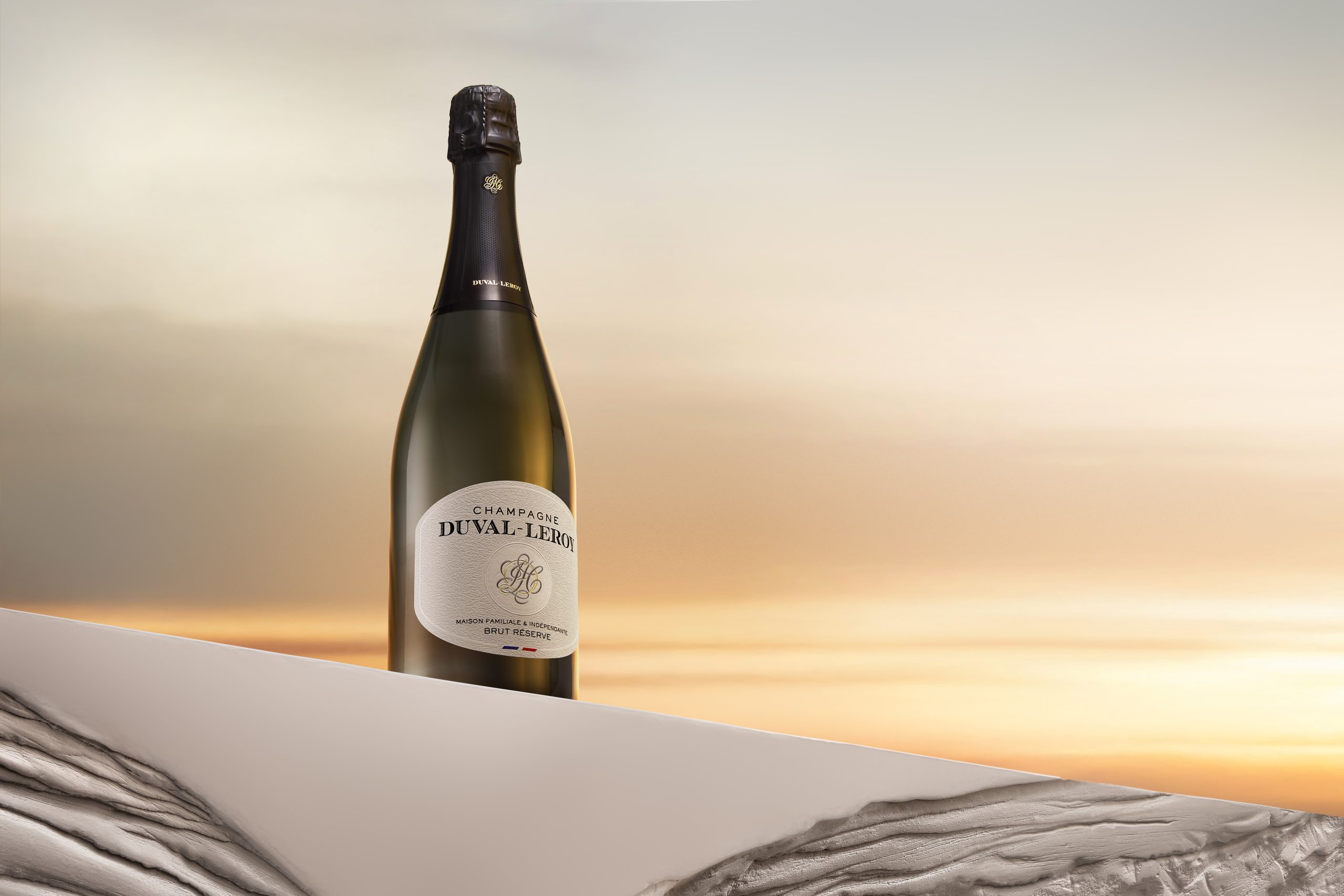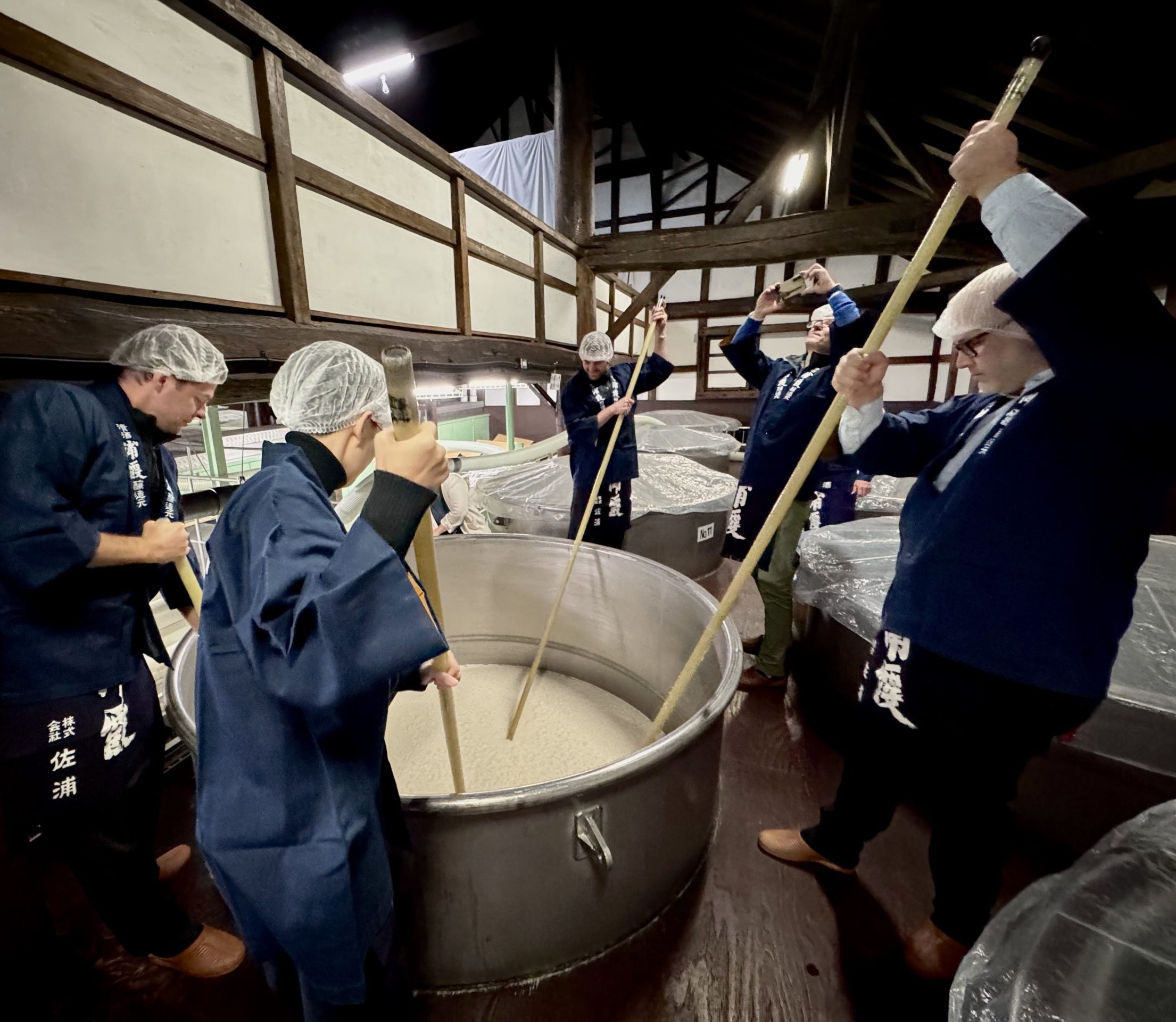Wine and opera part 13: Die Fledermaus
Back to opera and back to comedy now with Johann Strauss the younger’s charming romp, Die Fledermaus (The Bat).
Light hearted and with foot tapping songs it is also chock full of wine references and drinking scenes, not least as the most famous aria revolves around a “souper” – a Champagne-fuelled light supper that was common either before after going to see an opera or ballet.
Like most comic operas, the comedy comes from disguise, mistaken identity and the audience being in on the joke.
The whole opera is an elaborate practical joke being played on the feckless Gabriel Eisenstein by his friend Falke for a previous practical joke pulled by Eisenstein in which Falke was left to sleep off a drunken binge dressed as a bat in a town square.
Eisenstein at the beginning of the opera is about to go to prison for eight days because he insulted a Viennese official.
However, Falke arrives and persuades him to skip jail for the day in order to attend a fabulous “souper” that the Russian count Orlofsky has organised at his villa.
Eisenstein agrees and bids a tearful farewell to his wife, Rosalinde, telling her he is off to prison when he is really off to the party.
After he leaves, an old suitor of Rosalinde, Alfred, arrives hoping to try his luck now that her husband is out of the way for a few days.
He tries to get her drunk though ends up rather tipsy himself singing: “Trinken macht die Augen hell” – “Drinking lights up the eyes”.
Then the prison governor, Frank, arrives. To avoid a scandal (and get him out of the way), Rosalinde persuades Alfred to be pretend to be Eisenstein and go to prison in his stead.
The intoxicated Alfred agrees and is duly carted off. So ends Act I.
In Act II the practical joke is revealed in a conversation between Falke and Count Orlofsky.
Orlofsky is an interesting character as although he is a male, the role is usually performed by a female soprano in what is known as a “trouser role” – so don’t be disconcerted when you watch the video below.
Falke introduces Eisenstein to the count as the Marquis Renard, and Orlofsky has a bit of fun by terrifying Eisenstein with veiled threats as he warns him that anyone who can’t keep up with his drinking is dealt with severely.
“Wenn ich mit andern sitz’ beim Wein
Und Flasch’ um Flasche leer’,
Muss jeder mit mir durstig sein,
Sonst werde grob ich sehr.
Und schenke Glas um Glas ich ein,
Duld’ ich nicht Widerspruch;
Nicht leiden kann ich’s wenn sie schrein:
Ich will nicht, hab’ genug!
Wer mir beim Trinken nicht pariert,
Sich zieret wie ein Tropf,
Dem werfe ich ganz ungeniert,
Die Flasche an den Kopf.”
“When I sit with others over wine
Emptying bottle after bottle,
Everyone with me must be thirsty,
Otherwise I become crude.
And if I’m pouring glass after glass,
I tolerate no contradiction;
I can’t stand it when they yell:
I don’t want to;I have enough!
Anyone who doesn’t keep drinking with me
And refuses like a ninny,
I throw, quite unashamedly,
The bottle at his head.”
Partner Content
Guests begin to arrive. Among them Adele, the Eisenstein’s maid who is pretending to be an actress, Rosalinde in disguise as a Hungarian countess and Frank as the “Chavalier Chagrin”.
Eisenstein’s first run in is with Ida who he recognises before she makes fun of him in front of everyone for mistaking her for his maid and he apologises though is not entirely convinced.
He then encounters Rosalinde who is wearing a mask to hide her identity. He proceeds to seduce her (even though she’s his wife) and Rosalinde succeeds in swiping a watch of his which she intends to use against him later for infidelity.
She then sings a rousing czárda or Hungarian dance in which she sings about the joys of her “native” Hungary – in particular Tokay.
With the party getting into its stride, Orlofsky rises to his feet and leads the assembled company in a rousing drinking song in honour of Champagne: “Im Feuerstrom der Reben” “In the firestream of the vines”.
“Im Feuerstrom der Reben,
Tralalalalala,
Sprüht ein himmlisch Leben,
Tralalalalala,”
“In the firestream from the vines,
tra la la la la la,
Sparkles a divine life,
Tra la la la la la,”
“Die Könige, die Kaiser,
Die lieben Lorbeerreiser,
Doch lieben sie daneben
Den süssen Saft der Reben.
Stosst an, stosst an
Und huldigt im Vereine
Dem König aller Weine!”
“The kings, the emperors
They love laurel branches,
But they also love
The sweet juice of the vines.
A toast, a toast
And in unity pay homage
To the king of all wines!”
In Act III all is resolved (of course) at the prison where everyone is still hungover or drunk and much confusion follows.
Needless to say however, this being comedy, all is happily resolved. Falke reveals the prank and so Rosalinde decides not to divorce Eisenstein on the grounds of infidelity, Adele (an aspiring actress) receiving the support of Frank and Alfred is let out of prison.
The video below is from a production at the Royal Opera House from 1984.
Next time: the tipsy aria
Previously: Medieval morality in Carmina Burana




